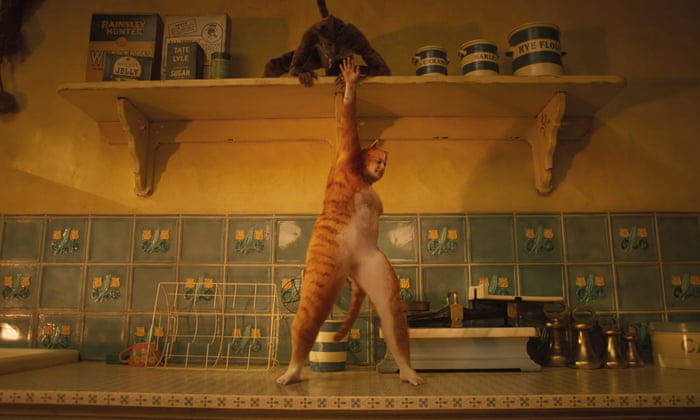(2008, Colour) 108 m. / Directed by Philida Lloyd / Screenplay by Catherine Johnson / Music & Lyrics by Benny Andersson and Bjorn Ulvaeus (some songs by Stig Anderson) / Starring Meryl Streep, Pierce Brosnan, Colin Firth, Stellan Skarsgard, Julie Walters, Dominic Cooper, Amanda Seyfried, Christine Baranski (Universal)
Originally published July 18, 2008, revised May 15, 2013
Riding
the wave of nostalgia generated by the re-release of Swedish supergroup ABBA’s
song catalogue in the mid 1990s and following the success of such ABBA-laced Australian films Muriel’s
Wedding and The
Adventures of Priscilla Queen of the Desert,
it was perhaps inevitable that someone would stage an ABBA musical. Mamma
Mia! debuted
to overwhelming success in London in 1999.
Despite critical notices ranging from dismal to bemused,
the show became an instant phenomenon in its native United Kingdom, a success that was repeated on Broadway and touring the U.S.,
then worldwide. So, of course, we needed a film version.
The plot is a tourism-minded retread of Buona
Sera, Mrs. Campbell (1968): as her wedding day approaches, a young girl (Seyfried) raised on a Greek isle by her
mother (Streep),learns that her
father is one of three men (Brosnan, Firth or Skarsgård)
her mother once dated, and Seyfried invites all three of them to her wedding to
discover the Truth.
As a stage show, Mamma
Mia! was at times alarmingly amateurish, its slight, sitcom-level book essentially
stringing together an evening’s worth of ABBA songs and choreography so
unspectacular as to seem thoroughly improvised. What it had going for it
was boundless energy and blind commitment to a story so outrageous that a single well-asked question would easily topple the entire enterprise ("Hey, mom, who is my dad?").
Lloyd makes her filmmaking debut here after having helmed several iterations of the stage production, and the relentless banality of her theatrical staging has not been
compromised by the addition of a top-flight cast and crew and cameras.
Happily,
the cast’s exuberance carries the day in most of the numbers, though
when left handling scenes involving anything attempting to advance the nonsensical plot, Lloyd’s camera seems as embarrassed by what's going on as the performers having to mug through the witless dialogue.
The choreography of the stage show has
been regrettably maintained as well, and what barely passed as "dancing" onstage sees the larger chorus numbers translated to a
level of arrhythmic cavorting not seen on a big screen since the ill-fated Lost
Horizon (1973). An unfortunate over-reliance on digital skies matted into certain shots also makes portions of
the film come off looking as cheap as an Asylum SyFy movie.
Camera work overall is listless and grounded; the camera never sweeps
into the numbers with the effortless expertise of, say, 2007’s much better Hairspray.
On the other hand,
the cast is almost entirely up for the enterprise, and their commitment to the
material ultimately makes the film much easier to watch. While the singing
voices range from surprisingly sweet (Seyfried) to the other side of passable (Brosnan), it’s
great to see those with stage training (Streep, Firth and Baranski) applying
some actual acting to the songs.
A note of warning to potential viewers of Mamma
Mia!: if you don’t like ABBA now, this
movie will not change that opinion.


No comments:
Post a Comment